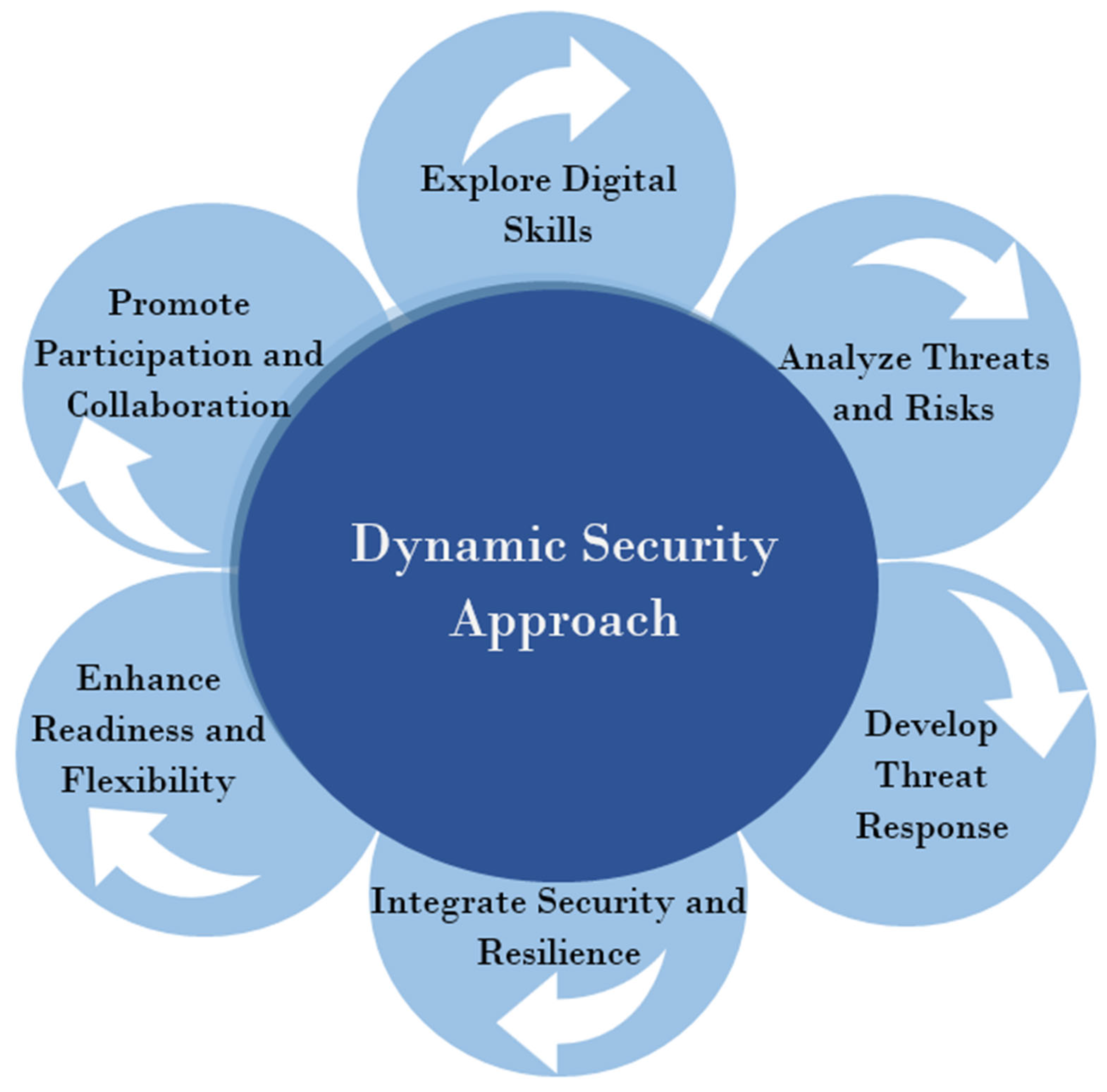Generative AI Boosts the Efficiency of Cyberattacks in China and Iran
Google's report discusses how generative AI, particularly through tools like the Gemini chatbot, has played a significant role in enhancing the efficiency of cyberattacks originating from China, Iran, and North Korea, primarily targeted at the U.S. While there hasn't been a revolutionary shift in cyber tactics, the speed and volume of these attacks have notably increased.
Efficiency Without Novelty
Generative AI, particularly large language models (LLMs) like the Gemini chatbot, has been leveraged by cyberattackers to streamline their operations, making them more efficient. Despite the acceleration in threat actor activities, these AI technologies have not introduced groundbreaking advancements in the types of cyberattacks conducted. Instead, they provide incremental benefits without substantial changes in attack strategies.

Previous studies by tech giants such as OpenAI and Microsoft align with Google's findings, suggesting that current AI tools have yet to introduce entirely new offensive tactics in cyber operations.
Impact on Cybersecurity
Experts in the technology field express caution regarding the transformative potential of AI in cybersecurity. While AI enhances certain aspects like phishing attempts and code discovery, it has not brought about dramatic shifts in cyber warfare. As AI continues to evolve, it remains uncertain whether it will favor defenders or attackers in the realm of cybersecurity.
There are predictions of an ongoing arms race between offensive and defensive AI applications, with suggestions that the utility balance should remain relatively equal for both sides.
Types of Threat Actors
Google's report categorizes hackers utilizing the Gemini chatbot into two primary threat categories:
- Iranian hackers, utilizing Gemini for APT and IO threats, engage in intelligence gathering and content creation for propaganda.
- Chinese APT actors use the chatbot for reconnaissance and network access post-intrusion, while North Korean entities employ it to embed IT operatives in Western companies for intellectual property theft.

In IO operations, Iranian hackers lead in crafting content to influence public perception, while Russian actors have a minimal presence in APT but are significantly involved in IO-related activities.
Urgency for Collaborative Action
Google's President of Global Affairs, Kent Walker, underscores the crucial need for cooperation between the private sector and the U.S. government to address the threats posed by AI-enhanced cyberattacks. He emphasizes the importance of proactive measures to maintain America's advantage in AI advancements and advocates for streamlined technology adoption processes in government entities.
All information on this website, Terms and Conditions and Privacy Policy, is published for general information purposes. The platform caters to enthusiasts interested in Python, Computer Vision, Reinforcement Learning, Machine Learning, and related fields.

© 2025 Copyright: PyLessons.com










